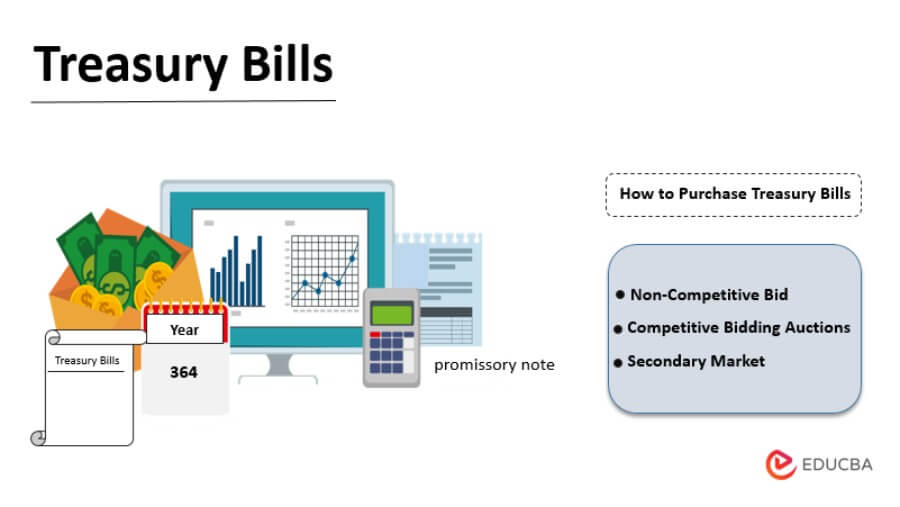
It's easy to sell and buy stocks online when you want to make smart investments. With the help of a broker, you can easily purchase shares of various companies and diversify your investments. Investing in food, travel, technology, banking, and other companies can help you achieve your investment goals. Do not try to put all your eggs within one basket. These are the best ways to sell and buy stocks online securely and safely.
Invest in your knowledge
If you're looking to purchase or sell stocks, it is vital that you invest in your knowledge. You can succeed whether you are an experienced investor, or a novice. Understanding the stock market is key. There are many markets in the world. Make sure you know all of them. Investing in the right company is crucial if you want to make a profit in the stock market.

Finding stocks that match your investment goals
Before you start investing, define your investment goals. You should segment these goals according to your time horizon. The short-term goals will likely relate to events within the next few decades. You should be focusing on long-term investment strategies that will help achieve your longer-term goals. For example, if you have a short-term goal to buy a house and your medium-term goal to save for college, it might be possible to save enough money to pay for that.
Choosing an online stockbroker
When choosing an online stockbroker, consider the fees that you'll incur. Some brokers charge transaction charges while others don’t. There are fees for investment services and trading. Consider whether you need high-level guidance, or more freedom. Consider whether you require a demo account to start. It's also a good idea to ask if there's any minimum investment.
A real-time stock quote
It is essential that you get a stock quote in real time when buying and selling stocks online. Because prices change so rapidly, they can be difficult to find the right price. If you purchase stock for investment purposes you will need the most recent price information. A delayed stock quote in these fast markets is worthless. While it is nice to get an up-to-date quote, you will not have the exact same information as a current one.

Calculating the cost to buy and sell stocks online
If you're new to stock investing, it may be difficult to figure out how much it costs to buy and sell stocks online. You can use a stock calculator to determine how much profit you can expect when you buy and sell stocks. These calculators can also be used to calculate the break-even price and return of investment for stocks. Once you are able to calculate the costs for buying and trading stocks, you will be able make smart decisions that maximize your profits.
FAQ
What are the advantages of investing through a mutual fund?
-
Low cost – buying shares directly from companies is costly. It's cheaper to purchase shares through a mutual trust.
-
Diversification – Most mutual funds are made up of a number of securities. When one type of security loses value, the others will rise.
-
Management by professionals - professional managers ensure that the fund is only investing in securities that meet its objectives.
-
Liquidity is a mutual fund that gives you quick access to cash. You can withdraw money whenever you like.
-
Tax efficiency - mutual funds are tax efficient. Because mutual funds are tax efficient, you don’t have to worry much about capital gains or loss until you decide to sell your shares.
-
Purchase and sale of shares come with no transaction charges or commissions.
-
Mutual funds are easy-to-use - they're simple to invest in. All you need to start a mutual fund is a bank account.
-
Flexibility - you can change your holdings as often as possible without incurring additional fees.
-
Access to information: You can see what's happening in the fund and its performance.
-
Ask questions and get answers from fund managers about investment advice.
-
Security - know what kind of security your holdings are.
-
You have control - you can influence the fund's investment decisions.
-
Portfolio tracking – You can track the performance and evolution of your portfolio over time.
-
Easy withdrawal: You can easily withdraw funds.
There are some disadvantages to investing in mutual funds
-
There is limited investment choice in mutual funds.
-
High expense ratio – Brokerage fees, administrative charges and operating costs are just a few of the expenses you will pay for owning a portion of a mutual trust fund. These expenses eat into your returns.
-
Lack of liquidity: Many mutual funds won't take deposits. They must be purchased with cash. This limits the amount that you can put into investments.
-
Poor customer service. There is no one point that customers can contact to report problems with mutual funds. Instead, you should deal with brokers and administrators, as well as the salespeople.
-
Risky - if the fund becomes insolvent, you could lose everything.
Can bonds be traded?
Yes they are. You can trade bonds on exchanges like shares. They have been doing so for many decades.
The difference between them is the fact that you cannot buy a bonds directly from the issuer. They must be purchased through a broker.
This makes buying bonds easier because there are fewer intermediaries involved. You will need to find someone to purchase your bond if you wish to sell it.
There are several types of bonds. There are many types of bonds. Some pay regular interest while others don't.
Some pay interest annually, while others pay quarterly. These differences make it easy for bonds to be compared.
Bonds are great for investing. In other words, PS10,000 could be invested in a savings account to earn 0.75% annually. The same amount could be invested in a 10-year government bonds to earn 12.5% interest each year.
You could get a higher return if you invested all these investments in a portfolio.
What is an REIT?
A real-estate investment trust (REIT), a company that owns income-producing assets such as shopping centers, office buildings and hotels, industrial parks, and other buildings is called a REIT. These companies are publicly traded and pay dividends to shareholders, instead of paying corporate tax.
They are similar to corporations, except that they don't own goods or property.
Statistics
- Even if you find talent for trading stocks, allocating more than 10% of your portfolio to an individual stock can expose your savings to too much volatility. (nerdwallet.com)
- Our focus on Main Street investors reflects the fact that American households own $38 trillion worth of equities, more than 59 percent of the U.S. equity market either directly or indirectly through mutual funds, retirement accounts, and other investments. (sec.gov)
- Individuals with very limited financial experience are either terrified by horror stories of average investors losing 50% of their portfolio value or are beguiled by "hot tips" that bear the promise of huge rewards but seldom pay off. (investopedia.com)
- For instance, an individual or entity that owns 100,000 shares of a company with one million outstanding shares would have a 10% ownership stake. (investopedia.com)
External Links
How To
How to invest in the stock market online
Investing in stocks is one way to make money in the stock market. There are many ways you can invest in stock markets, including mutual funds and exchange-traded fonds (ETFs), as well as hedge funds. Your investment strategy will depend on your financial goals, risk tolerance, investment style, knowledge of the market, and overall market knowledge.
To be successful in the stock markets, you have to first understand how it works. This includes understanding the different investment options, their risks and the potential benefits. Once you have a clear understanding of what you want from your investment portfolio you can begin to look at the best type of investment for you.
There are three major types of investments: fixed income, equity, and alternative. Equity is ownership shares in companies. Fixed income is debt instruments like bonds or treasury bills. Alternatives include things like commodities, currencies, real estate, private equity, and venture capital. Each option has its pros and cons so you can decide which one suits you best.
Once you have determined the type and amount of investment you are looking for, there are two basic strategies you can choose from. One is called "buy and hold." You buy some amount of the security, and you don't sell any of it until you retire or die. The second strategy is called "diversification." Diversification involves buying several securities from different classes. If you buy 10% each of Apple, Microsoft and General Motors, then you can diversify into three different industries. Multiplying your investments will give you more exposure to many sectors of the economy. You can protect yourself against losses in one sector by still owning something in the other sector.
Risk management is another important factor in choosing an investment. Risk management will allow you to manage volatility in the portfolio. If you were only willing to take on a 1% risk, you could choose a low-risk fund. You could, however, choose a higher risk fund if you are willing to take on a 5% chance.
Knowing how to manage your finances is the final step in becoming an investor. A plan is essential to managing your money. Your short-term, medium-term, and long-term goals should all be covered in a good plan. This plan should be adhered to! Don't get distracted with market fluctuations. Stick to your plan and watch your wealth grow.